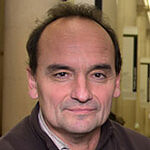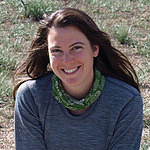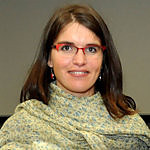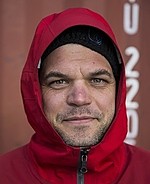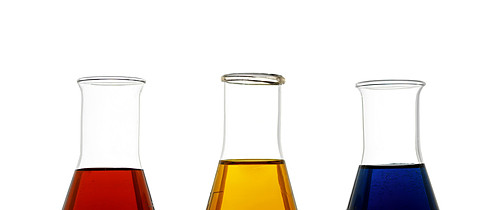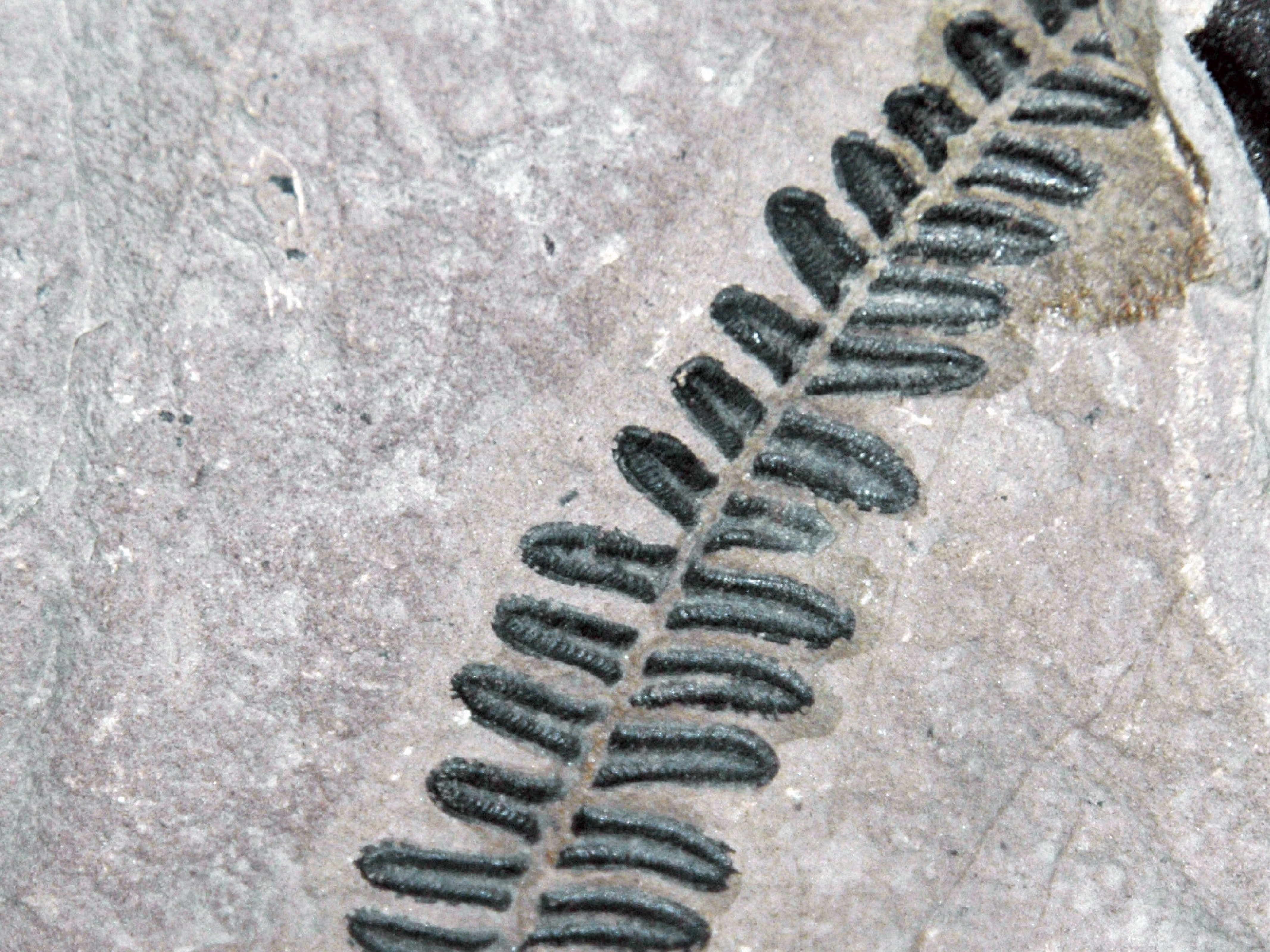The study of the evolution of life, ancient environments, ocean dynamics, past climate change, and the resulting interactions and feedback mechanisms is the key to decipher the long history of the Earth system and to explore its complexity. Without a profound and quantitative knowledge of the Earth’s past, we would be very limited in understanding presently occurring climate and environmental change. The study of the history of the Earth allows tracing phases of severe ice and hot houses, decisive extinction and radiation events in life’s evolution, episodes of widespread anoxic conditions in ancient oceans, and paleoenvironmental and evolutionary change in general. The pole includes research in paleontology, focusing on evolutionary patterns, ocean dynamics, and preservation mechanisms, and sedimentology and sedimentary geochemistry, focusing on phases of important paleoenvironmental change and major turnover in life’s evolution.

